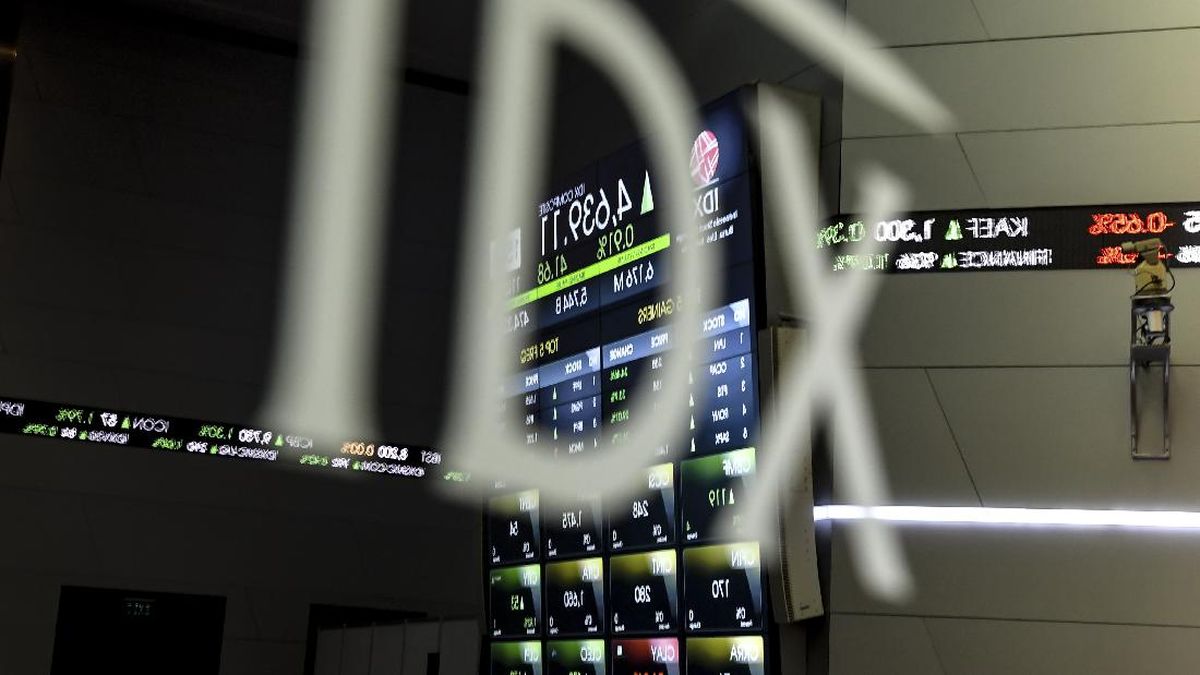Editorial
October 14, 2025 — 4.16pm
October 14, 2025 — 4.16pm
The superannuation changes should have been about reforming the tax base. Instead, they reveal a fascinating and somewhat troubling dynamic at the heart of the federal government.
Treasurer Jim Chalmers on Monday axed contentious elements of his superannuation plan after constantly rejecting suggestions he should radically change his 2023 budget announcement to lift tax on the superannuation accounts of wealthy Australians: his proposal to double the earnings tax on super balances above $3 million was watered down, and they will be indexed alongside inflation or wages growth; instead, a 40 per cent tax rate will be levied on earnings on super balances above $10 million.

Jim Chalmers has been forced to dance to PM Albanese’s tune on superannuation.Credit: Dominic Lorrimer
While we agree with the understandable desire to try to find revenue for the budget – even if it offends some people – Chalmers’ initial proposals were flawed, particularly the move to tax unrealised gains on certain assets.
Chalmers attempted to spin the changes. “We always try and find the best way through. We always try and work through issues in a considered and methodical way. And that’s what’s happened here. We found another way to satisfy the same objectives,” the treasurer said on Monday. He was spinning again on Tuesday, promising the new system will deliver a better outcome for lower income Australians.
But it is difficult to square his new version with changes that he stubbornly clung onto for two years only to fundamentally rewrite his policy after the world warned of problems. The resultant model is unlikely to do as much as his original plan to rein in tax concessions. The bottom line: less money from fewer people.
The media generally greeted Chalmers’ changes as a backflip or backdown, but it amounts to something of a slapdown, too.
The treasurer’s superannuation compromise fits perfectly with the timidity in government that has come to denote Labor in power and a further manifestation of tensions between Chalmers and Prime Minister Anthony Albanese.
Loading
Chalmers was rolled at last August’s Economic Reform Roundtable when Albanese refused to countenance tax reforms despite Productivity Commission submissions and calls from unions to curb negative gearing, the capital gains discount and use of family trusts. And now Chalmers has been forced to dance to Albanese’s tune on superannuation.
Compare and contrast the relationships between prime minister and treasurer when John Howard and Peter Costello, and before them, Bob Hawke and Paul Keating, enacted fiscal reforms that carried Australia into a better future.
Both past leadership teams sparked off one another to produce far better policies, but there is a growing feeling that all is not well between Albanese and Chalmers.
We have previously said the thumping election win last May gave Labor unprecedented opportunity to introduce the sweeping reforms needed to confront global changes, yet the government seems gripped by stasis, preferring to err on the side of caution with Albanese trying to stop of the ship of state rocking at every opportunity.
Clearly, a treasurer under a prime minister’s thumb is not a great dynamic for reform.
Bevan Shields sends an exclusive newsletter to subscribers each week. Sign up to receive his Note from the Editor.
Most Viewed in Politics
Loading


















































